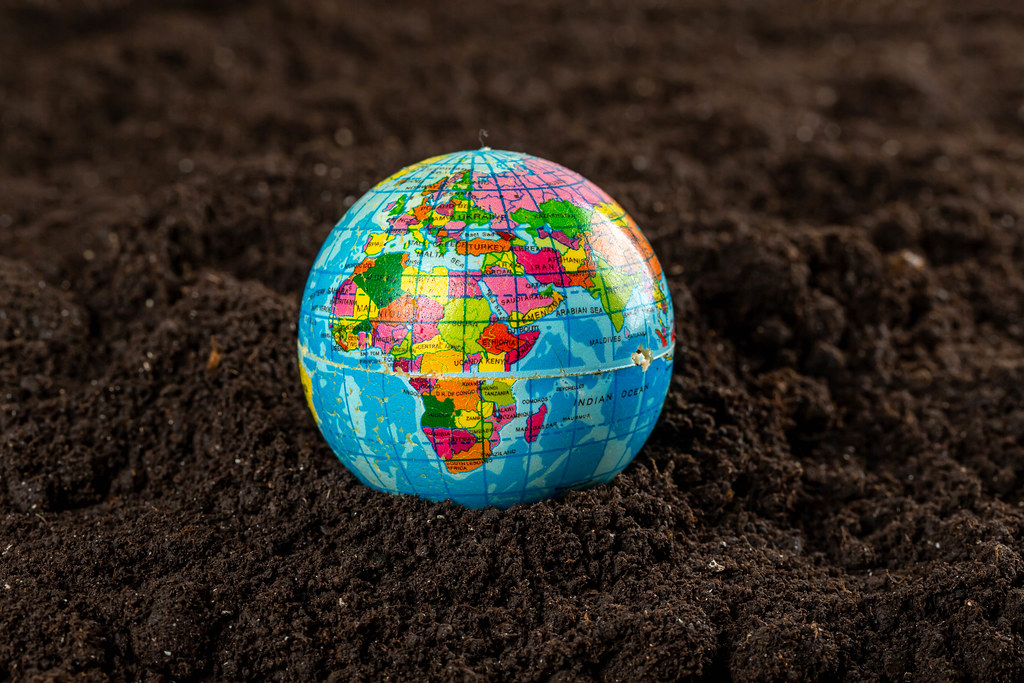The second wave of Covid-19 has crippled the world, and unfortunately, India has become one of the hotspots. It has been a year since the first wave of the pandemic hit the country but with the second wave, the situation seems grimmer and its effects devastating. All possible measures are being deployed in an effort to control the present situation.
22nd April was celebrated as Earth day, an international event celebrated in all parts of the world in an effort to protect the environment. Earth Day was first observed in 1970 when millions of people protested against the 1969 Santa Barbara Oil spill and several other issues which were affecting the environment. 2021 marks the 51st anniversary of the annual celebration, and the theme for this year is ‘Restore our Earth’. The UN Secretary-General António Guterres stated, “Recovery from the COVID-19 pandemic is a chance to set the world on a cleaner, greener, more sustainable path”. This year’s theme focuses on natural processes, the emergence of green technologies and innovative thinking. In addition, this year, seven different climate-related events also took place in parallel on 22nd April, including the Leader’s Summit on Climate hosted by the US.

The celebration of this day is promoted by almost all possible media platforms, and these initiatives are commendable. It is important to make people aware of the reason behind this crisis and the need for such efforts. However, amidst all these celebrations and initiatives, which are, no doubt, very crucial to consider, I find myself caught in a state of perplexity. Should it take a pandemic, and such a devasting one, to realize the importance of the environment? Isn’t our efforts at adopting sustainable lifestyles a tad too late? While I might be sounding pessimistic and perhaps may be advised to be a little more hopeful, I genuinely wonder if all of humanity’s efforts to control the deadly virus are sufficient and accurate?
The fight against this pandemic has been long, with no end in sight, and we really have to brace ourselves. Had we realized the consequences of our actions and adopted sustainable lifestyles earlier, the situation may not be so severe. A recent article by Shakil et al. (2020) provides a critical review of the environmental causes and consequences of Covid-19. It has been observed that while Covid-19 has caused damage to the economy and life of people, the natural environment is experiencing a positive change and is seen to be recovering. As part of restrictive measures adopted by governments across the world to control the spread of the virus, people’s movement, vehicular traffic and industrial activities were curbed, leading to a sharp reduction in carbon emissions and air pollution, subsequently improving the environment. However, these changes have been observed during the lockdown period and one is not sure if it will persist in the longer run. In addition, environmental factors like temperature, wind speed, and humidity have also been found to influence the spread and reduction of Covid-19, although the results are mixed and more metanalysis are needed to have conclusive evidence.
Earth Day is an important occasion and I am in full support of observing such a day. However, in my opinion, Earth Day will become more significant only when there is a concerted effort by citizens all around the globe, and when sustainable initiatives become part of our lifestyle and not just a one-day affair. Small changes like consuming less, reducing the use of plastic, careful usage of energy and resources, proper management of waste, etc. will slowly but surely add to the larger cause of saving planet earth. Our words have to be translated into action and we have to be more accountable at an individual level, following which we can expect substantial changes to be seen and felt.
Reference
Shakil, M. H., Munim, Z. H., Tasnia, M., & Sarowar, S. (2020). COVID-19 and the environment: A critical review and research agenda. Science of the Total Environment, 141022. 10.1016/j.scitotenv.2020.141022
Cover Photo by Marco Verch under Creative Commons 2.0

